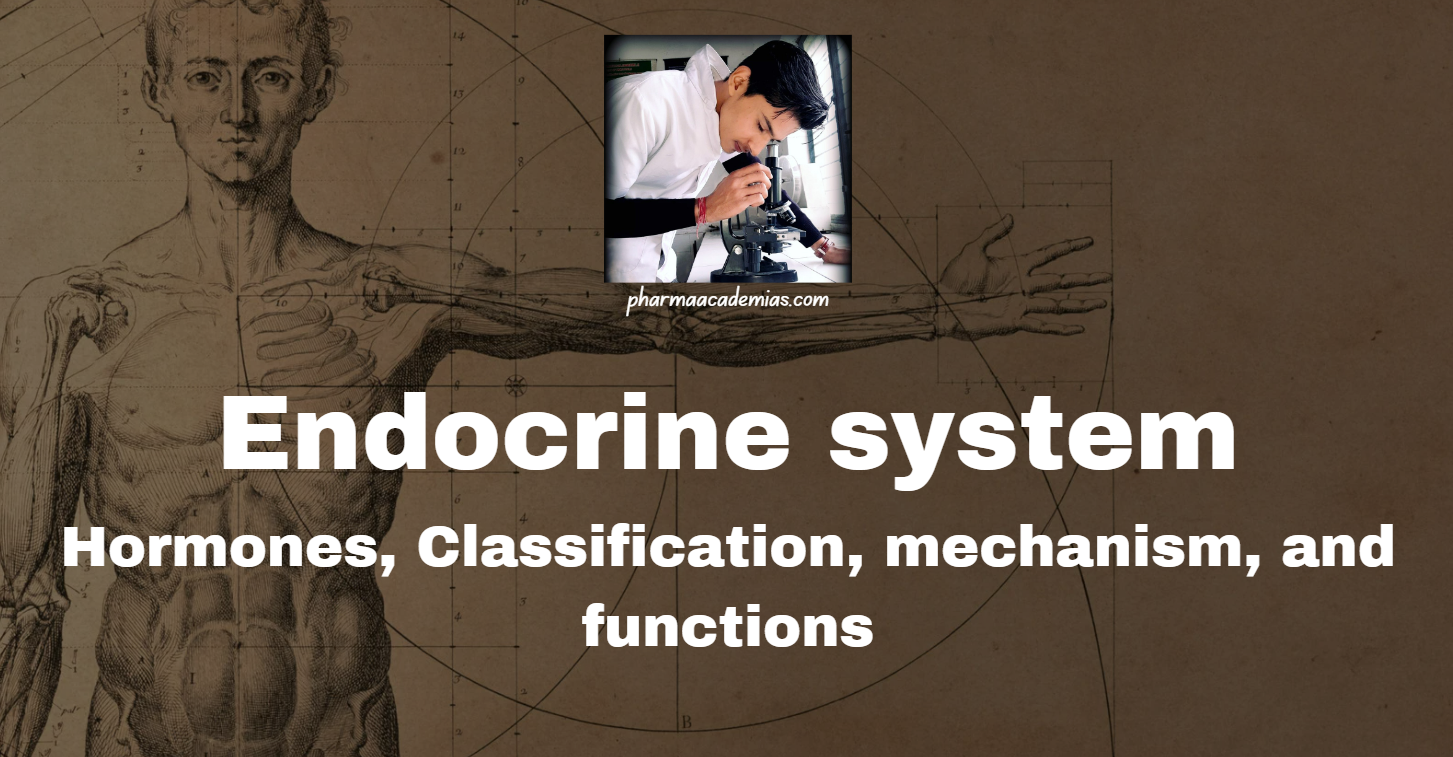Pituitary Gland: Definition, Structure, Functions, and Disorders
The pituitary gland, often referred to as the “master gland,” plays a crucial role in regulating a wide array of bodily functions by controlling the activity of various other endocrine glands. Here’s a comprehensive overview of the pituitary gland, covering its definition, structure, functions, and associated disorders. The pituitary gland, or hypophysis, is a small, … Read more



